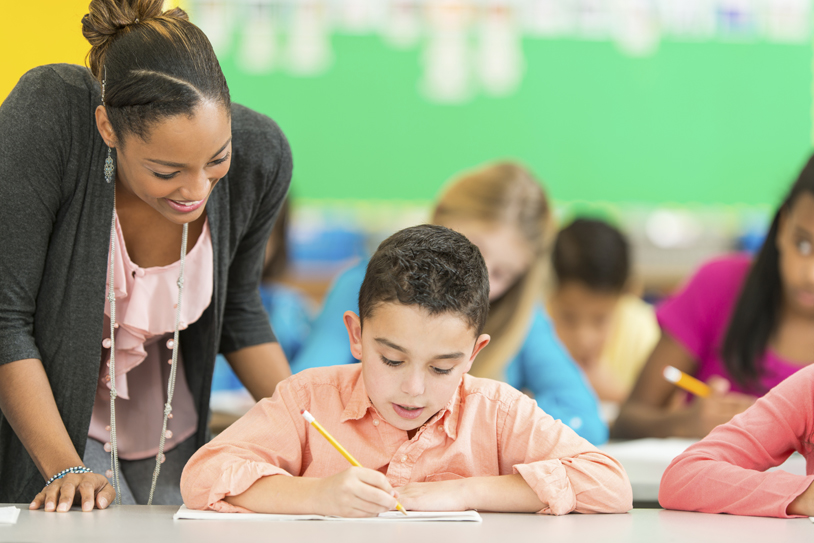
My kids attend an elementary school in the Ottawa-Carleton DSB, one of the boards that decided against handing out report cards this year (because inputting the final letter grades, already submitted by teachers to administration, is somehow too onerous a task, even with a month’s warning).
It frustrates me that this part of the teachers’ job action is being used to whip up finger-pointing and accusations of laziness at those very people who have been educating and mentoring our kids all year long.
However, when it comes to the delay or absence of this year’s report cards, I would like to make something clear: I. Couldn’t. Care. Less.
But let me back up for a minute.
This was a big year for both our kids. Under the instruction of two teachers, our daughter began Middle French Immersion—a huge adjustment to how and what she had been previously learning. She did cross-country in the fall, basketball and volleyball in the winter, and track and field in the spring. She participated in the school play and played tennis. Just yesterday she told me this has been her best year ever because she “got to do so much”.
Her younger brother, in Senior Kindergarten, had his first experience in full-day schooling in an SK-1 class--generally a challenging split. He went on field trips, fell in love with Mercy Watson books, participated in public speaking for story-telling day, and came home every afternoon bursting with news of what he had learned. He’s crossing his fingers (truthfully, so are we) that he gets the same teacher, who he adores, next year.
Throughout the year, notes, tests, books and assignments regularly were sent home, and often followed up with email communication from teachers about the events of the previous week and what to expect the following Monday. Our communication—electronically or in person—with our kids’ teachers was ongoing throughout the year. I can honestly say that there was never a point when I felt any concerns we might have had went unaddressed—or when our excitement at what our kids had achieved and their pride in their accomplishments went unshared with the teachers who had helped in that process.
In other words, if a report card happened to make its way into our house the end of the month, it would tell me what we already knew and what those teachers had confirmed to us throughout the year about our kids’ accomplishments and challenges (education and social).
But if my partner and I find ourselves waiting for the last day of school to dump out our kids’ backpacks, rifle through “sharing day” toys or sweatshirts that went missing weeks ago to locate and tear open that envelope and parse through the Ministry-canned phrases to find out if throughout the previous 10 months our kids had “learned anything” or if there are things they “should work on”…well, then, I would have to come to the conclusion that when it came to supporting their education we had been doing it wrong.
The sky-is-falling rhetoric of how kids are being “robbed of all the hard work they’ve done all year” or how “disappointing and frustrating” this is for parents and students does nothing but undermine the entire process of education that students, educators, parents and the entire school community have been participating in since September.
Don’t get me wrong: the debate over the difference between education and evaluation is a fascinating and necessary one, particularly given the ill-advised rise of standardized assessment. But to use it as an opportunity to whip up anti-teacher sentiment is duplicitous and demeaning; to the students, to those teachers, to the relationships they have developed with our kids and with us as parents, and ultimately to the entire learning process.
So as an end-of year assignment, here’s a riddle: If a child participates in school all year, and the board doesn’t send out a report card in June recapping the progress that's been made and the work that’s been already completed and graded throughout the past 10 months, did that education really happen?
Show your work.
Erika Shaker is the Director of CCPA’s Education Project. You can follow her on Twitter @ErikaShaker.






